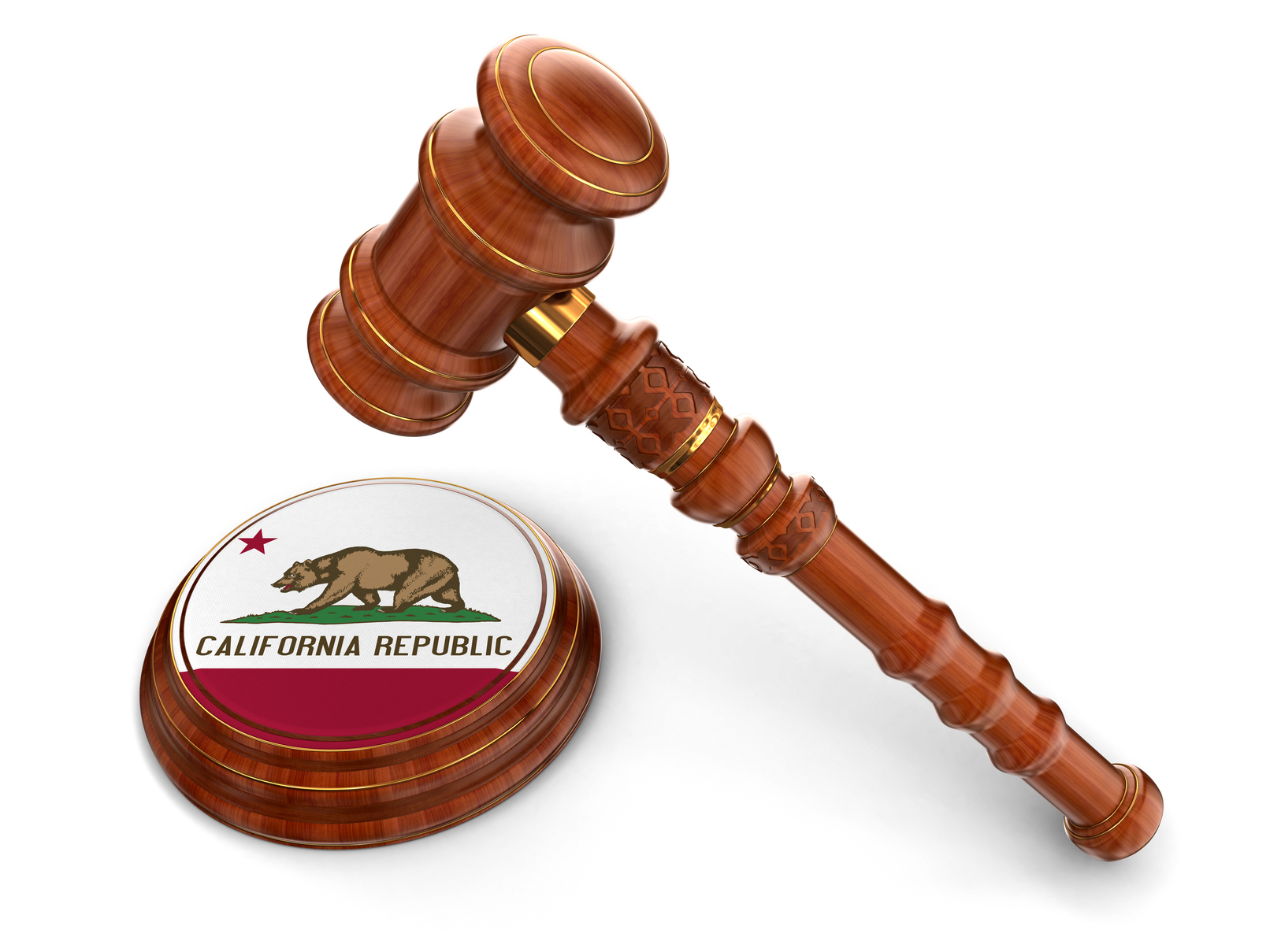In a tentative order issued last Friday, a Santa Clara County Superior Court judge allowed a former Google employee's lawsuit alleging discrimination by the company against conservatives, men, white people, and people of Asian descent to go forward. The lead plaintiff, whose suit has been joined by a small number of other men, is a former Google engineer who was fired after he circulated an internal memo that was critical of the company's efforts to increase gender and racial diversity among its workforce, and suggested that the lack of female engineers in the profession had to do with biological differences.
Articles Posted in California State Law
This week the US Court of Appeals for the Ninth Circuit issued a decision affirming the lower court's decision upholding three California laws against a challenge by the federal government. The federal government challenged the three laws, which all pertain to the state's status as a "sanctuary" state, on the grounds that they are preempted by federal law and that they violate a doctrine known as intergovernmental immunity.
An appellate court in California recently ruled that Apple should not be held liable for a car accident based on a driver’s use of the FaceTime app on the iPhone 6. This case arose from a car accident in Texas on Christmas Eve 2014, which resulted in the tragic death of a…
California and the federal government have reached an agreement whereby the state will halt plans to implement its new net neutrality law on January 1, and the Department of Justice will withdraw its motions seeking to block implementation until the conclusion of ongoing litigation regarding state net neutrality rules.
In the wake of the FCC's efforts to undo net neutrality protections under the Trump administration, California recently passed a law implementing net neutrality rules that are even stronger than the Obama-era regulations that have been rolled back at the federal level. Governor Jerry Brown signed the new law on September 30, which represents the strongest set of net neutrality protections in the country. The Department of Justice immediately filed a lawsuit in federal court, stating that California's law constitutes an impermissible burden on the federal government's efforts to deregulate the internet.
A bill aimed to help employees who have experienced sexual harassment and discrimination on the job sue their employers in a court of law, rather than private arbitration, has been passed by the California Assembly.
California’s felony murder rule may soon be curtailed, if a bill in the state legislature gets approved.
On Friday, June 29, 2018, California Attorney General Xavier Becerra brought suit in California Superior Court for the County of San Francisco against student loan servicer Navient Corp. and two of its subsidiaries, Pioneer and General Revenue Corp.
Last Thursday California Governor Jerry Brown signed into law the California Consumer Privacy Act of 2018 (CCPA), granting California consumers the right to request that businesses disclose the categories and specific pieces of personal information that they collect about the consumer, the categories of sources from which that information is collected, the business purposes for collecting or selling the information, and the categories of 3rd parties with which the information is shared. The law, which goes into effect January 1, 2020, also authorizes California consumers to opt out of the sale of personal information by a business and will prohibit the business from discriminating against the consumer for exercising this right, including by charging the consumer who opts out a different price or providing the consumer a different quality of goods or services, except if the difference is reasonably related to value provided by the consumer’s data. Moreover, the CCPA makes it more difficult for businesses to sell personal information for consumers less than 16 years of age.
Square, which owns meal delivery service Caviar, has reached a $2.2 million settlement with customers in a class action lawsuit claiming that the company collected gratuities from them when they placed food orders but didn't share the money with delivery drivers. Patrons who used Caviar between January 2012 and August 2015 are included in the class.










